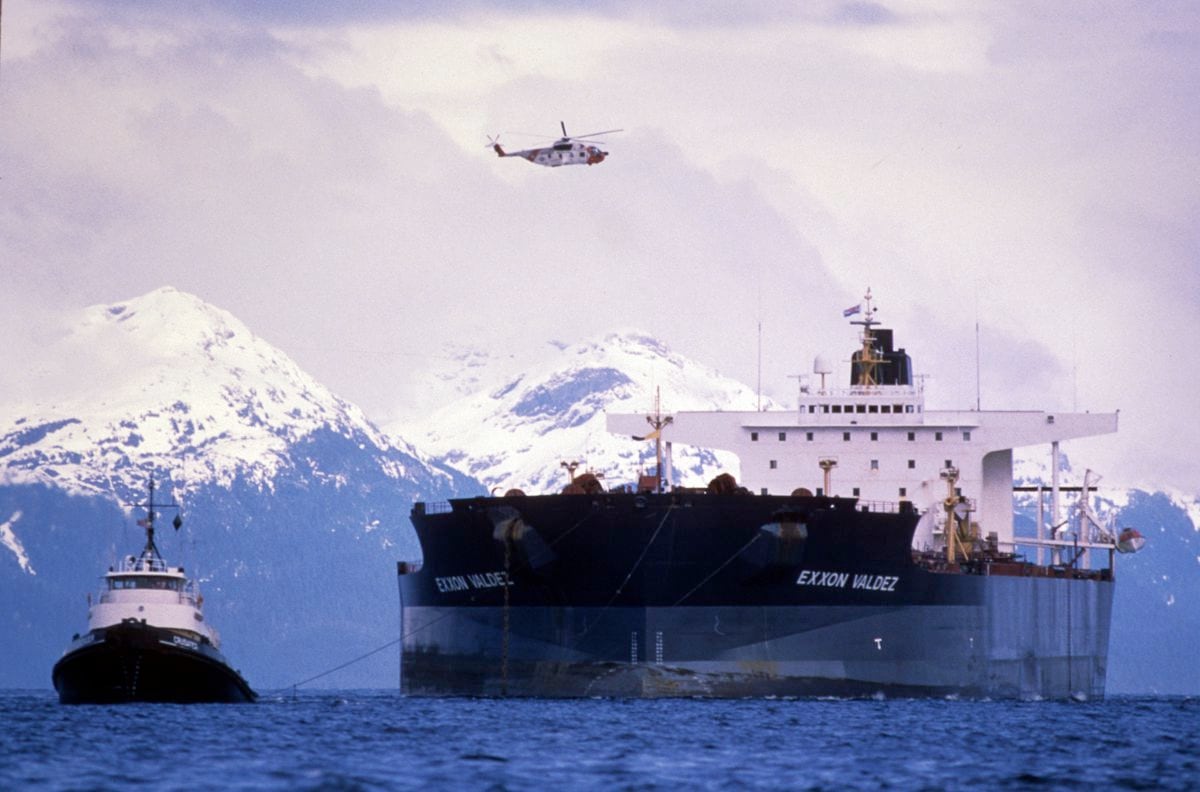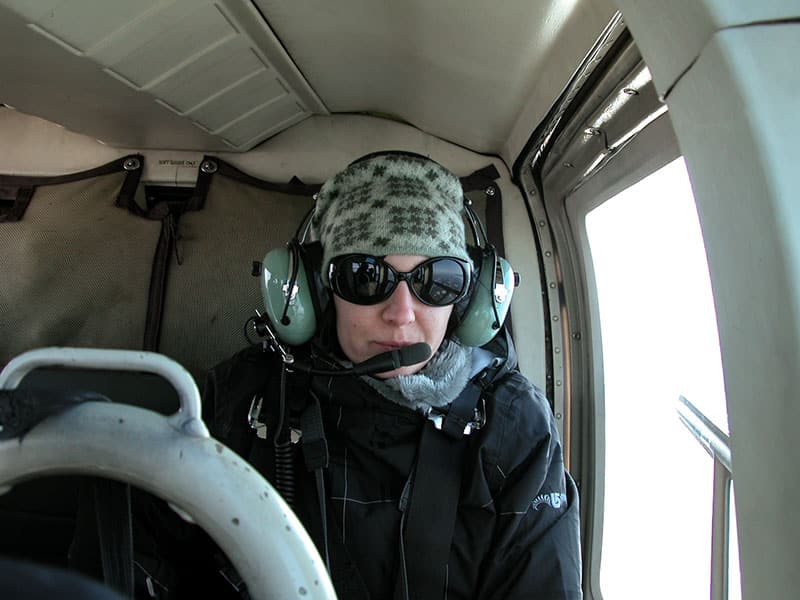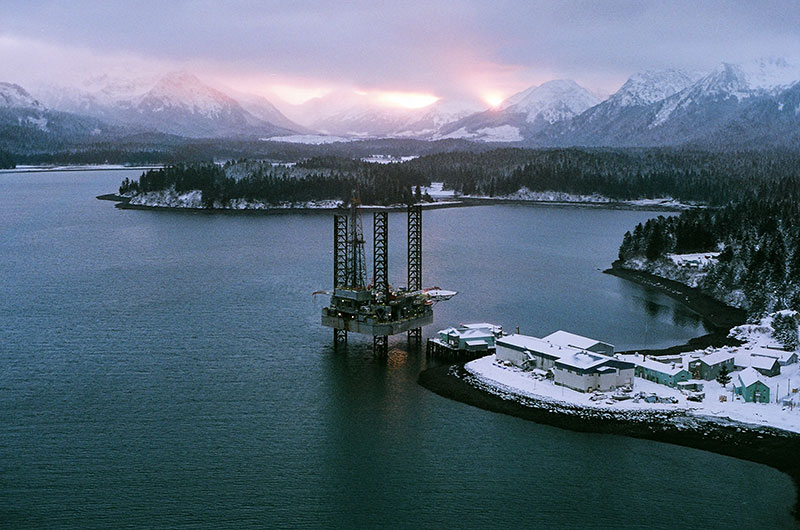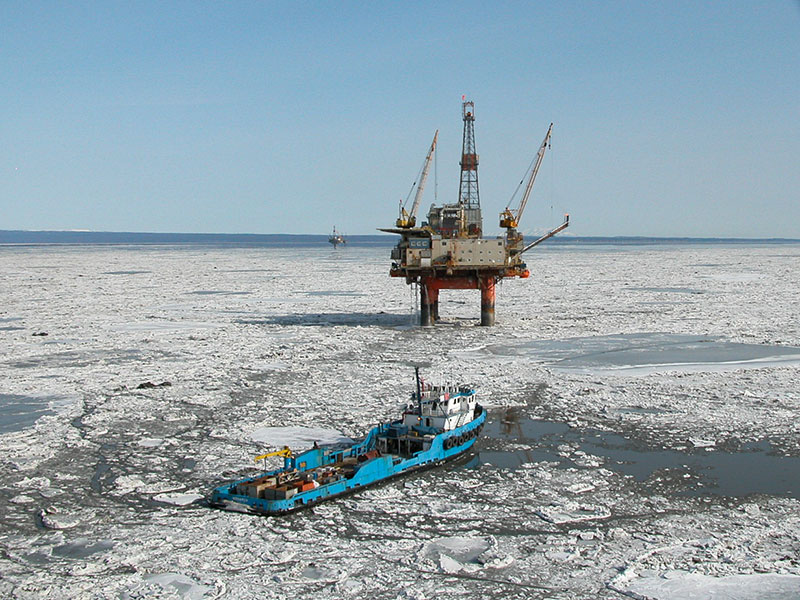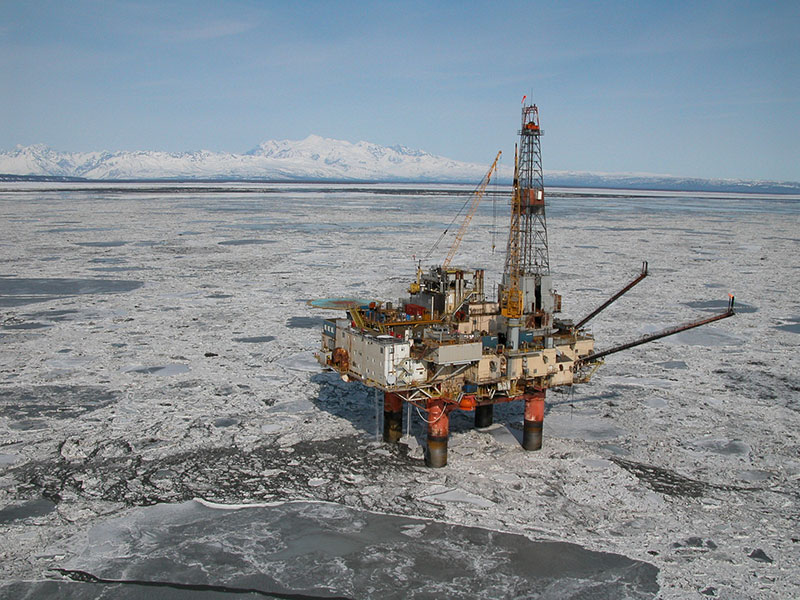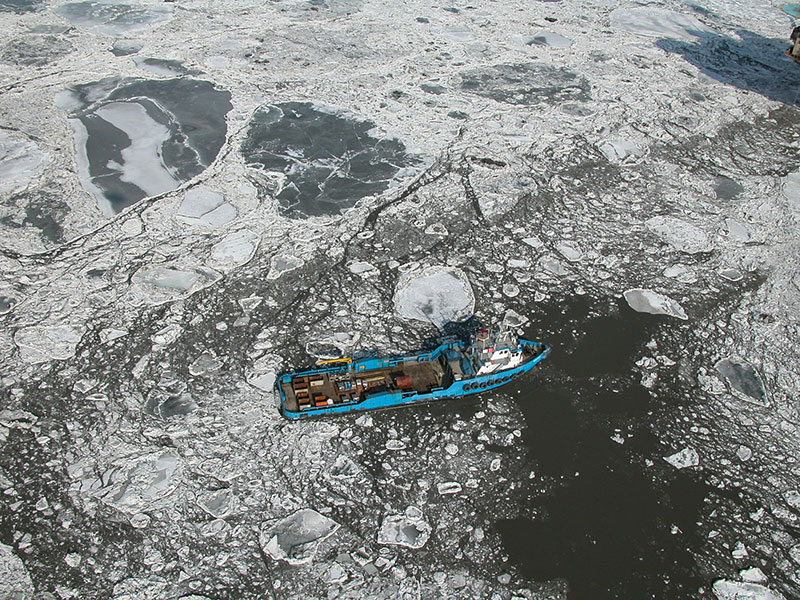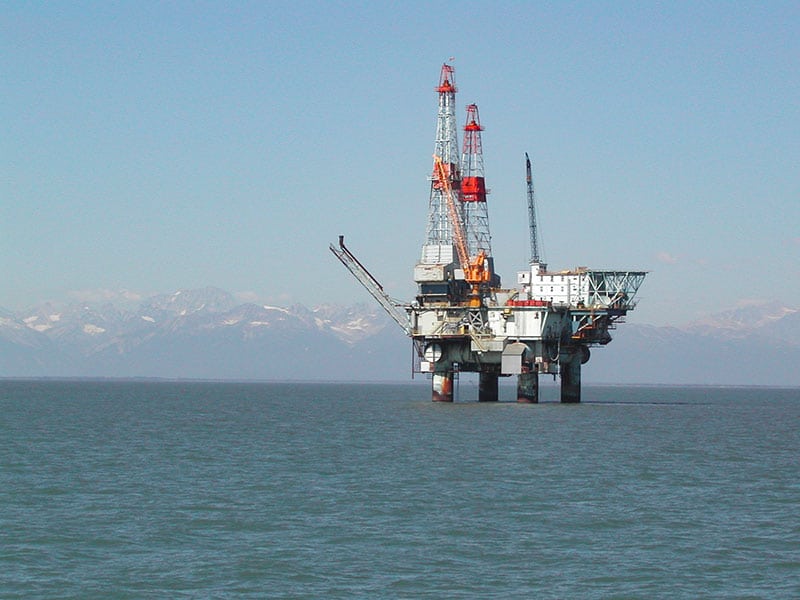State initiative puts Alaska’s coastal communities at risk
Thirty years ago, the 1989 Exxon Valdez oil spill forever changed our relationship with Alaska’s oil production and transportation industries. Devastated by the enormity of the spill, the resulting suffering and long-term consequences — many of which we still feel today — Alaskans recognized that we had to work together to protect ourselves and our communities. Acting as stewards, Alaskans worked with regulatory agencies, industry and resource trustee agencies in good faith to develop regulations that recognized and sought to minimize the inherent risks of transporting oil across state waters.
Working together, we wrote and passed Alaska’s spill prevention and response regulations, which are today widely considered the best in the country, if not the world.
That well-deserved reputation is now under threat.
An effort is underway that could strip away Alaska’s oil spill safeguards, which have proven so successful for so many years. The state of Alaska has opened for review about 40 sections of regulations, and their governing statutes, that cover numerous aspects of spill prevention and response planning for crude oil terminals, tankers, oil and gas exploration and production facilities, and pipelines. In announcing the review, the commissioner of the Alaska Department of Environmental Conservation stated: “I’ve heard from many Alaskans that contingency plans are unnecessarily burdensome while lacking corresponding environmental benefits.”
The goal of the state’s review is simple: to make our regulations less burdensome to industry. The message the state is sending to Alaskans is clear: The long-term health of Alaska’s coastal communities is secondary to the oil industry’s bottom line. This course of action should alarm us all.
Weakening or eliminating oil spill prevention and response requirements to ease a perceived “burden” on industry effectively transfers the risks of transporting oil onto the backs of communities, fishermen, subsistence users and citizens who depend on clean coastal waters. A great many people worked hard to establish a level of protection from oil spills, which was nonexistent before March 24, 1989. Clearly, we have to marshal our forces again. To say now, after 30 years, the regulations are suddenly too burdensome, is frustrating and warrants a strong response.
Halting this initiative requires a concerted effort from all of us. Please join the Cook Inlet Regional Citizens Advisory Council in sending a forceful message that Alaskans are not interested in weakening the well-crafted oil spill protections put in place since the Exxon Valdez. Alaskans are proud of our reputation as world leaders in oil spill prevention and response. We refuse to revert to the complacency of the past. Call your legislators, talk to your community’s mayors, assembly and council members, your friends and neighbors, and ask them to oppose changes to Alaska’s oil spill oversight laws and regulations.
The deadline to comment is Jan. 15, 2020. You can submit comments via the Alaska Department of Environmental Conservation website.
Michael Munger serves as executive director of the Cook Inlet Regional Citizens Advisory Council.


